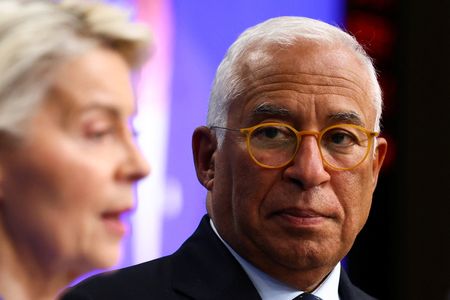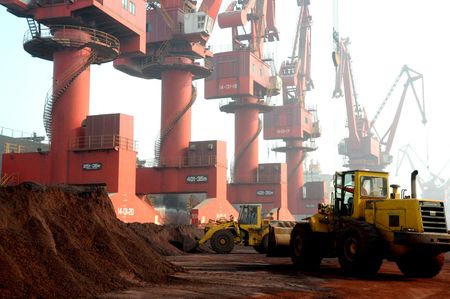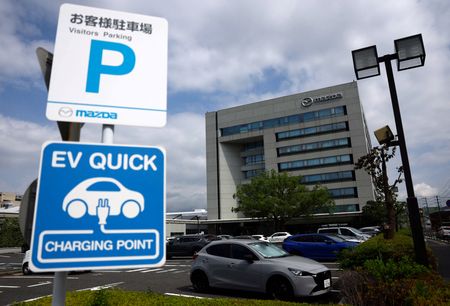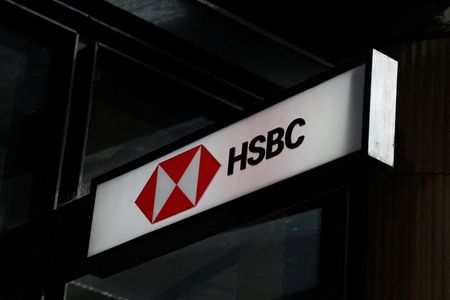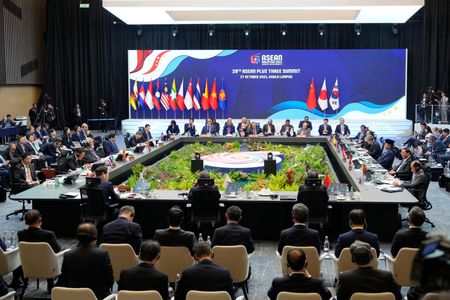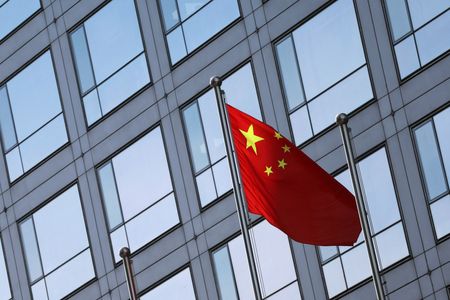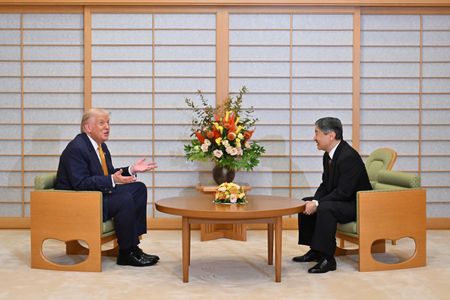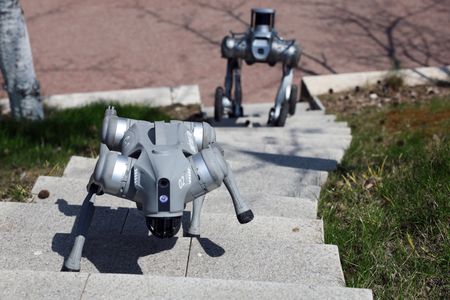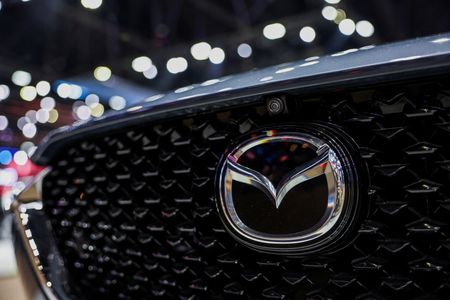KUALA LUMPUR (Reuters) -European Council President Antonio Costa on Monday said he conveyed his strong concerns to Chinese Premier Li Qiang about Beijing’s expansion of export controls on critical raw materials.
Costa also expressed the European Union’s expectations that China will assist in ending Russia’s war against Ukraine, he said in a statement following a meeting with Li on the sidelines of the Association of Southeast Asian Nations summit in Malaysia.
Li said China is willing to expand and deepen “optimised and balanced” trade cooperation with the European Union, according to a readout of the meeting from the Chinese side that was released by the official Xinhua news agency.
Beijing and Brussels, embroiled in a number of trade disputes in recent years covering Chinese electric vehicles and European pork and dairy products, have lately tried to work together to fend off trade uncertainties from Washington. But Beijing’s rare-earth export controls and a perception that China has been inactive with regard to Russia’s assault on Ukraine have stood in the way of further consensus-building.
Bilateral relations have faced challenges and opportunities, Li said, as he called on the EU to foster a fair and non-discriminatory business environment for Chinese firms.
Both sides should “promote the resolution of existing problems in China-EU economic and trade cooperation through dialogue, consultation, mutual understanding and accommodation,” Li said.
Last week, China’s commerce minister spoke with the EU’s trade commissioner and the Dutch economy minister to discuss, among other issues, a stand-off over China-owned chipmaker Nexperia.
Dutch authorities seized control of Nexperia last month, citing fears that the company’s technology would be taken by its Chinese owner, Shanghai-listed Wingtech.
China, where most of Nexperia’s chips are packaged, responded by blocking exports of the company’s finished products, alarming European carmakers that rely on them.
(Reporting by Rozanna Latiff and Beijing Newsroom; Editing by Martin Petty and Thomas Derpinghaus)

